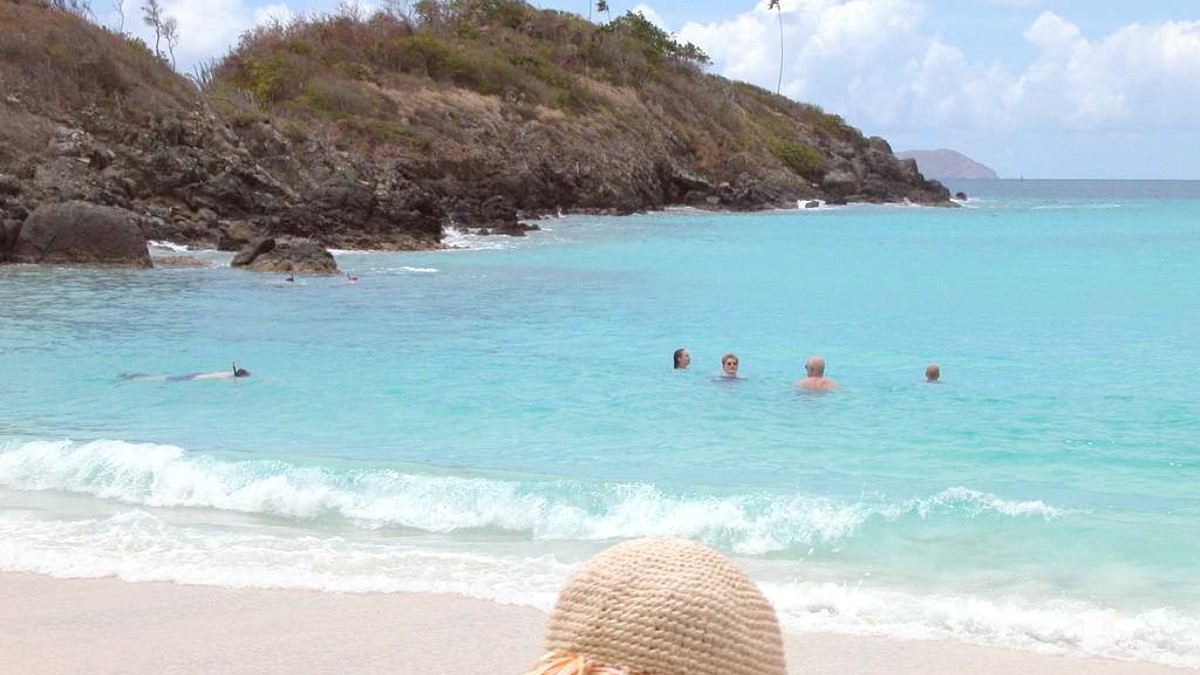
US Virgin Islands
Virgin Islands National Park covers over 60% of St. John's land area and 5,600 acres of submerged lands. This extensive park actively works to protect marine and terrestrial environments.
Recycling programs are limited on St. John compared to mainland U.S. Standards. Landfill space is precious. Minimize your waste generation. Pack out all your trash, including food scraps.
St. John heavily relies on rainwater catchment systems and desalination plants for its fresh water supply. Water is a precious and often expensive resource. Take shorter showers and turn off faucets.
Your choices as a traveler contribute to positive outcomes.
Reduce waste. Bring a Reusable insulated water bottle to avoid single-use plastic bottles. Carry Reusable shopping bags.
The U.S. Virgin Islands has a law against sunscreens containing oxybenzone, octinoxate, and octocrylene. These chemicals harm coral reefs.
Look for accommodations with sustainability. Some tour operators specialize in eco-friendly tours.
Carbon offset options are not widely available locally. Travelers can Purchase carbon offsets for flights through various online providers like Terrapass.
The National Park Service works to preserve historical sites like Annaberg Plantation, with interpretive programs. The Rainforest Site by GreaterGood supports conservation.
Visit GreaterGoodNever touch or stand on coral. Observe marine life from a distance. Do not feed fish. Find Reef-safe sunscreen for purchase.
Shop SunscreenProtect the coral reefs: Never touch or stand on coral. Observe marine life from a distance. Do not feed fish.
Your choices as a traveler can positively affect the local economy and culture.
The National Park Service works to preserve historical sites like Annaberg Plantation, with interpretive programs. Local community groups also promote cultural heritage.
Your choices as a traveler can positively affect the local economy. Support local businesses directly.
Seek out locally made crafts and art. Ask vendors about the origin of goods.
Avoid items made from endangered species or protected marine life.
Avoid engaging in activities that exploit people or animals.
If you wish to donate, research local charities, schools, or community initiatives. Direct giving on street is generally discouraged.